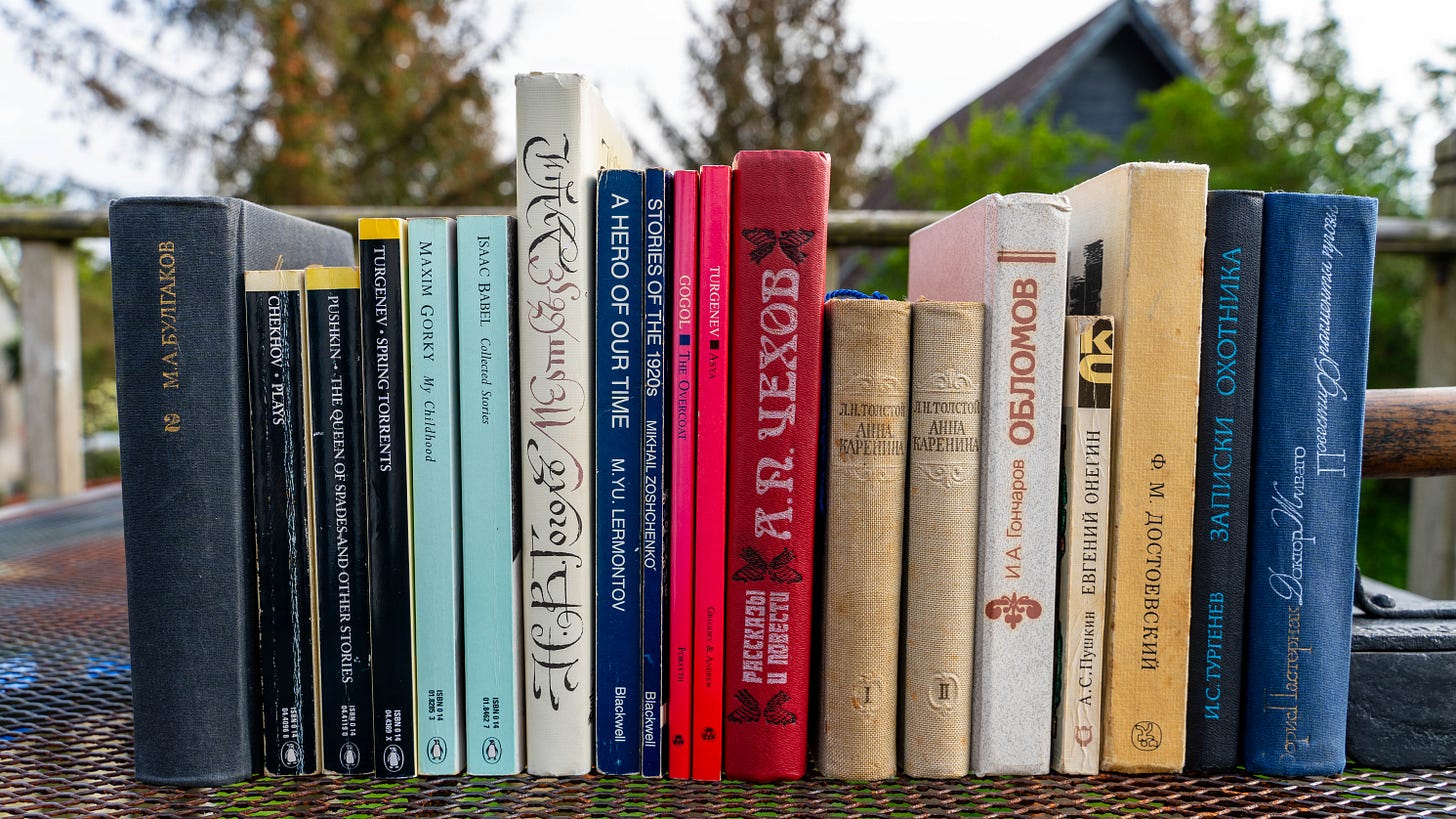A Note on Russian Names
Navigating the nuances of Patronymics, Diminutives and Masculine / Feminine Endings
A note on Russian names
Patronymics
Russian ‘middle names’, or patronymics, are derived from the first name of one’s father. For example. Raskolnikov’s father’s name would have been Roman, and so Raskolnikov’s patronymic is Roman-ovich. For feminine patronymics, the ending is different, so Dunya’s—Raskolnikov’s sister’s—patronymic is Roman-ovna.
The mascul…
Keep reading with a 7-day free trial
Subscribe to Cams Campbell Reads to keep reading this post and get 7 days of free access to the full post archives.




